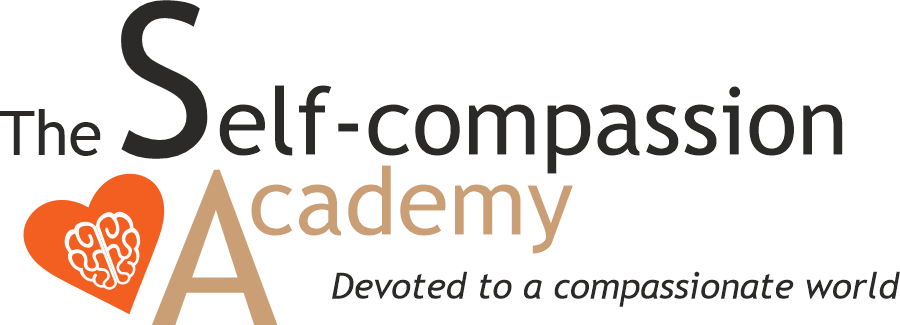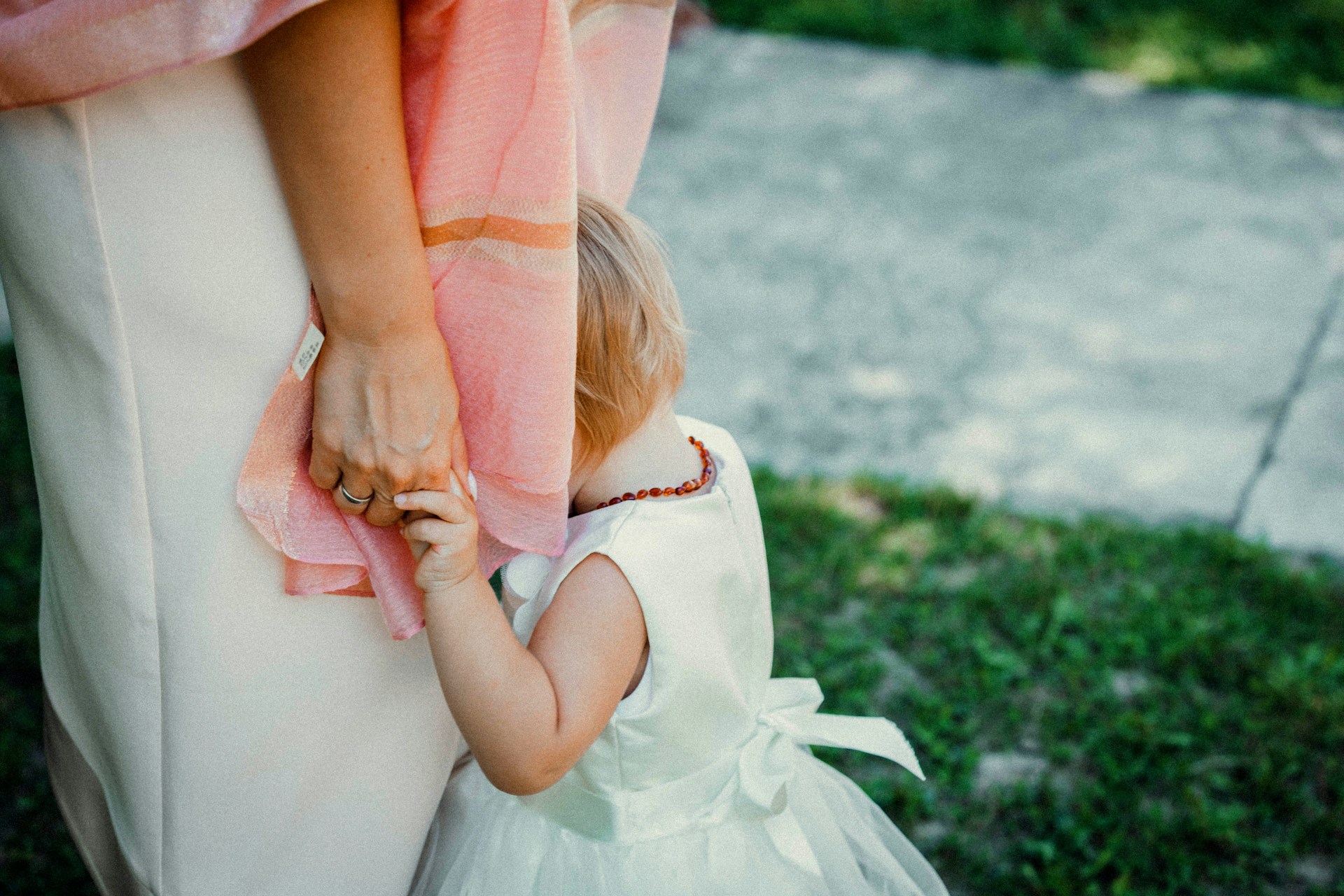Self-compassion and mindfulness aren’t necessarily about feeling good or happy. That might sound strange, since many people come to these practices hoping to feel better or more aligned, but that’s exactly why it’s important to point out. Mindfulness or self-compassion can sometimes stir up difficult or strong emotions. This is called backdraft, and it’s actually a necessary part of the process.
Sometimes, when practicing self-compassion you may feel worse at first. This is completely normal and nothing to be concerned about. These strong, intense emotions are part of the practice and are known as backdraft. Research suggest that backdraft is an inevitable stage of healing and recovery from past wounds and trauma.
The best way to handle these emotions? Take a step back.
Is it normal to feel emotional during meditation?
It’s normal if your self-compassion or mindfulness practice makes you feel emotional, angry, or upset. You might feel like crying, or even find yourself in tears during your practice. Contrary to what we often believe, self-compassion isn’t always about feeling good or happy, sometimes it brings up old pain that’s been stored inside and is not trying to find a way out.
Eventhough mindfulness-based treatments can improve your overall well-being, research shows that meditation practices used in these interventions can sometimes cause short-term adverse effects, such as traumatic re-experiencing, anxiety, or panic.
These strong emotions can feel intense and overwhelming. When you’re experiencing backdraft, remind yourself that this is a normal part of the process, and it doesn’t mean you’re doing anything wrong. Instead, try to ground yourself and gently ask what you need in that moment.
What to do with strong emotions during meditation?
If you feel worse when practicing self-compassion, it’s important to take a step back. Try to come back to your body and find steadiness by trying the followings:
- Take a deep breath and remind yourself this is normal.
- Ground yourself by noticing the feeling of your feet on the floor.
- Ask yourself what you need right now to feel safe.
And remember: caring for yourself when you’re moving through difficult situations or emotions is self-compassion.
You might want to try this: How to take a self-compassion break
Photo by: lilartsy via Unsplash






